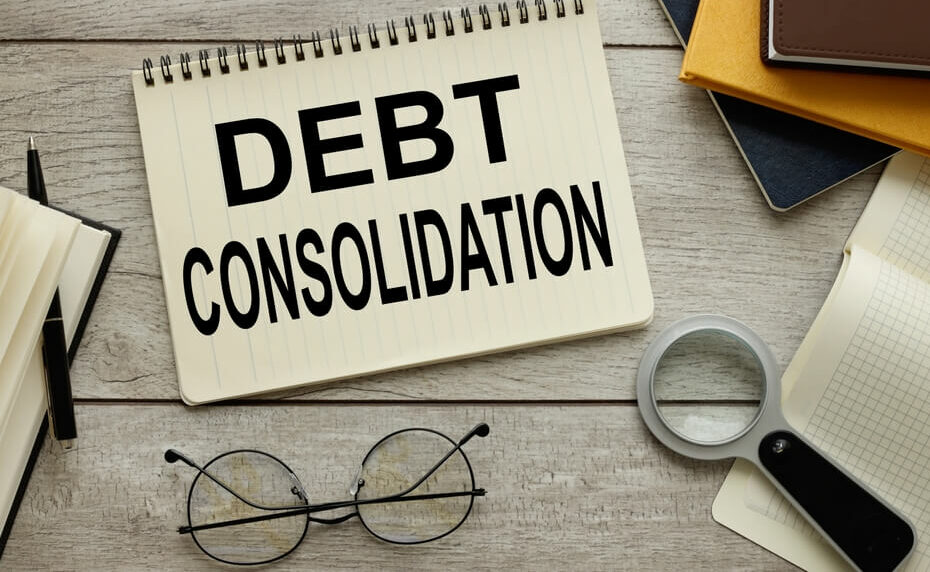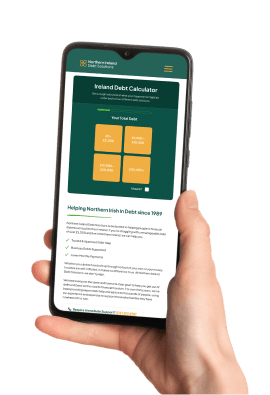Supporting Individuals Across NI
Northern Ireland Debt Help Hub
Your Trusted Guide to Managing Personal Debt and Regaining Financial Freedom
Fees apply. May not be suitable in all circumstances. Your credit rating may be affected.
MoneyHelper is a free independent service available to customers offering debt counselling, debt adjusting and providing of credit information services.
Fees apply. May not be suitable in all circumstances. Your credit rating may be affected.
MoneyHelper is a free independent service available to customers offering debt counselling, debt adjusting and providing of credit information services.
Browse by category:
Tel: 028 2132 6269
Email: enquiries@northernirelanddebt.co.uk
Request A Virtual Meeting
Northern Ireland Debt Solutions
7 Donegall Square West,
Belfast, Northern Ireland,
BT1 6JH
Northern Ireland Debt Solutions is a trading name of Begbies Traynor (Central) LLP Copyright 2025, All Rights Reserved | Privacy Policy | Sitemap









